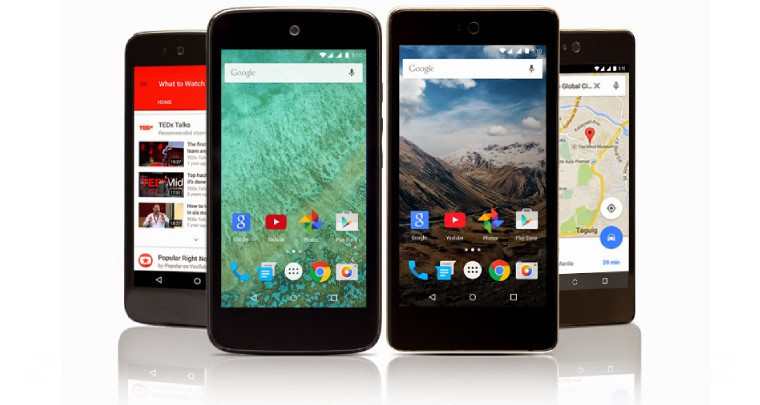Google launched its Android One initiative in 2014, in an effort to bring more capable smartphones to emerging markets at low prices. The program aimed to create a standard for entry-level hardware that could be profitably produced and sold in high volumes, but with slim margins on each device.
A range of handsets were launched in various parts of the world - but by the end of that year, it was already clear that things weren't going entirely to plan, even in India's massive budget-focused smartphone market. By mid-2015, a Google executive admitted that Android One had "not delivered to expectations", and said that plans were in the works to 'reboot' the program.

But since last year, very little has been heard about Android One, prompting some to speculate that Google might be intending to quietly bring it to an end. Not so, says Google's Mike Hayes (Director for Business Development, Android & Chrome Partnerships).
Speaking with India's Economic Times, Hayes said that "Google is taking a broader view of its hardware business", and that "Android One has become a part of the broader hardware strategy."
He added:
We still continue to support a number of OEMs (original equipment makers) that partnered with us on the programme. However, speeds at which the devices are coming to the market are completely dependent upon the OEMs.
We still have interest from a number of OEMs wanting to work with us on programmes like the Android One. The program is about mass market low-end devices, more affordability and to drive services into the market, and the premium things that we are working on with a number of OEMs.

Notably, Hayes said that manufacturers will now have more flexibility when it comes to building devices, with fewer constraints on the hardware side of the platform. OEMs have more "freedom to choose components", but Google will still work closely with those manufacturers "around the software elements such as bringing services and Android as a platform OS on to those devices".
Hayes said that more Android One devices are on the way, and Google is "actively engaging" with carriers to encourage their participation in the program too.
He didn't say exactly when these new partnerships and new devices will be announced, but while things have certainly been quiet on the Android One front in recent months, it seems Google remains determined to make it work.
Source: The Economic Times
















3 Comments - Add comment